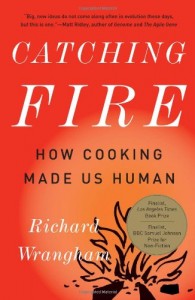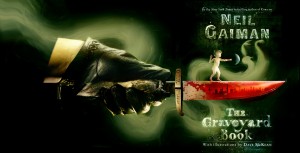When my brother found out that I post online about the books I read, his reaction was “Why”. Why would anyone care what you read? Are you some kind of narcissist?
Well, maybe, though I don’t think any more than any of the rest of us. Reading takes some amount of time and effort and sharing thoughts, as brief as they are, is one way of recognizing it. It’s also the new equivalent of the massive bookshelf in one’s home, showing off the wide range of interests and knowledge one accumulates over a life time. Especially in an age of digital books where there is no longer a bookshelf to place them to show off (and gather dust) after they’ve been read, posting about them is one way of showing off what I ready.
So, yeah, I can’t deny that element.
But, really, the main reason is for myself, and to have a record of what I read because, honestly, I have a horrible memory. I can’t recall much of anything and having some record is my way of jotting down what I felt was interesting or important in that book. The very act of writing about a book helps store something in my brain about it. It also gives me a potential place to go back and look at what I thought about the book, gives me some record I can refer to in case I want to revisit what I thought. At the very least, it gives me a record of what I’ve read, so I don’t end up rereading something.
This isn’t unique to me. It is generically hard to remember what we read. Especially when it comes in bursts, like on an airplane, in stead of steady, dedicated reading of a text. We all consume lots of information of various sorts, and this is my way of trying to remember, at least a bit, what I’ve consumed.
That I post my thoughts online instead of in a private diary, well, that admittedly is a bit of narcissism. Maybe someone else will read something because I’ve written about it. Maybe not. Maybe someone will follow up with a great recommendation. It really doesn’t matter. Mostly, this is for me and if anyone else gets any benefit, that is gravy.


